Whether you love Italian folklore, architecture, music, or just want to explore a new souls-like, Enotria: The Last Song, is a title you’ll want to pick up. It features easy to pick up combat mechanics, a spin on parrying, and a fully detailed world filled with foes to defeat.
Italian Inspired World
The world of Enotria is gorgeously detailed. Tile covered homes overlooking squares adorned with mosaics dot the landscape. There are various waterways spanned by bridges, ornate churches, and even a coliseum. Even in the fog covered region of Litumnia, the attention to detail is clear.
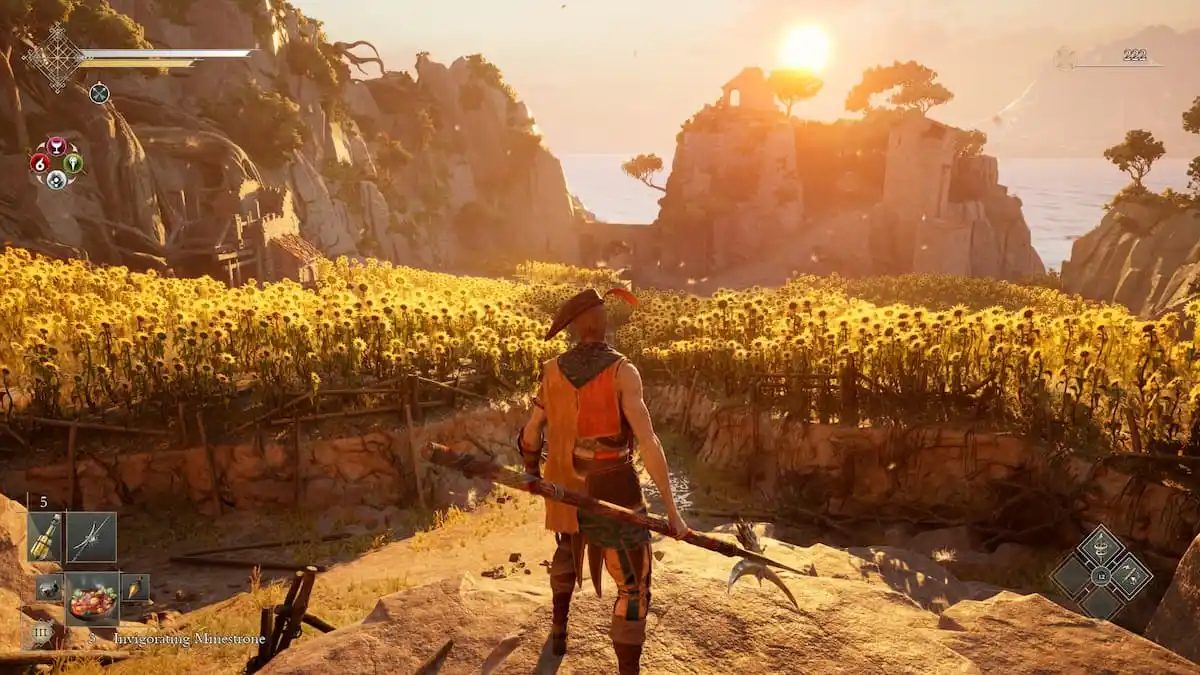
Characters all wear masks inspired by historical carnivals. Bosses have their own special masks with extra embellishments. Even the plainest one is still finely carved, with distressed colors and patterns typical of Italian designs.
Not only are the visuals stunning but so is the audio. The soundtrack for the game is filled with Italian folk-inspired tunes. They evoke images of the Italian coast, vineyards, and operas. On top of that, the voice acting takes the characters to the next level. If the various lines were delivered flatly, the story of Enotria: The Last Song wouldn’t stick as much as does.
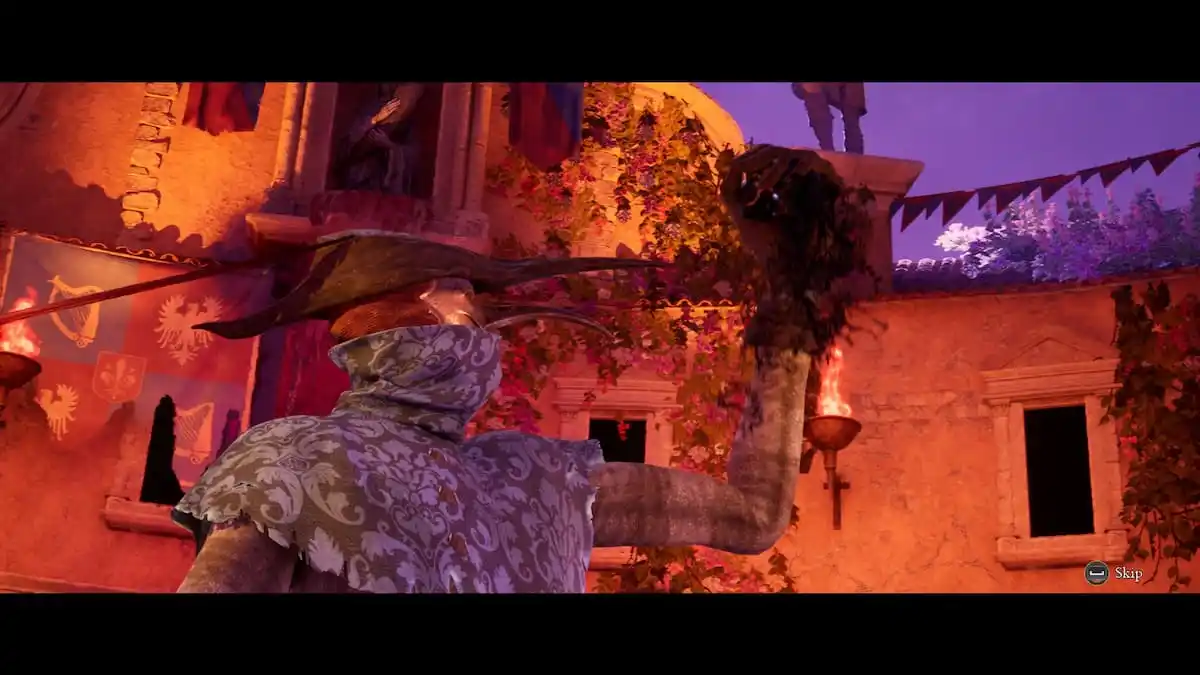
A Unique Take on Elemental Damage and Statuses
There are four elements that a weapon can be imbued with or an enemy can inhabit. Each element can inflict a specific status when enough of it is stacked on an enemy. Using these weaknesses can mean the difference between victory or seeing the Morte screen.
That’s all pretty typical of an element system. What’s different is how Elements turn into Statuses. When an element is fully stacked on an enemy, the corresponding Status triggers. These inflict damage over time, cause an explosion when hit again, drain health back to you, and cause a berserk-like mode. Using statuses can make up for a lack of healing items or a weapon with a strong elemental affinity.
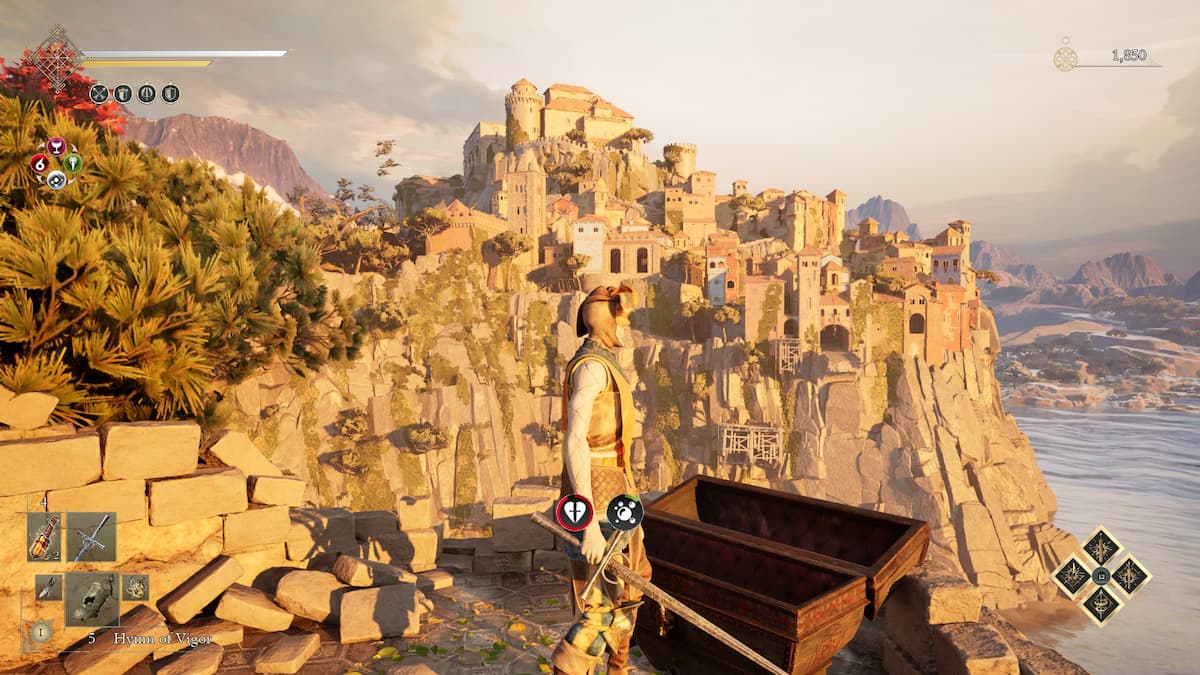
My favorite use is of Gratia when I’ve run out of Armonia Amber charges. When it stacks it will stun the target, allowing a clear hit. That next whack causes an explosion that heals me and deals large amounts of damage to the enemy. It’s great to heal up, especially against weaker foes.
Bugs Make Grinding Fall Flat
While there are many high notes to Enotria: The Last Song, a variety of bugs interrupt the gameplay, especially if you’re grinding. This becomes most apparent when interacting with elevator switches or exploring the market in Falesia Magna. They can make the process of collecting mask shards or Memoria even more difficult.
Bugs include:
- Locked elevator switches when the platform isn’t present.
- Elevator platforms not appearing/rising.
- Enemies attacking through walls.
- Being able to walk through doors and walls, potentially causing death.
- Falling through floors.
- Game crashes.

There’s even a progression-stopping bug that can occur where a boss doesn’t spawn after you’ve died facing it, but the blockade in the area will still pop. This not only causes you to use a Song of Return or Hymn of Return, but stops you from being able to defeat that boss. If it’s one you need to face to continue to another area, this can completely ruin your playthrough.
This may or may not be a bug, but upon death you can lose random amounts of Memoria. Typically, dying causes you to lose all your Memoria. To gain it back, you need to collect it before dying again. However, dying in Enotria may result in all of your Memoria dropping, some dropping, or none of it.
Along with that, if you die without any Memoria collected, you’ll still lose your previous amount dropped and can collect a death marker that gives you +0 of the resource.
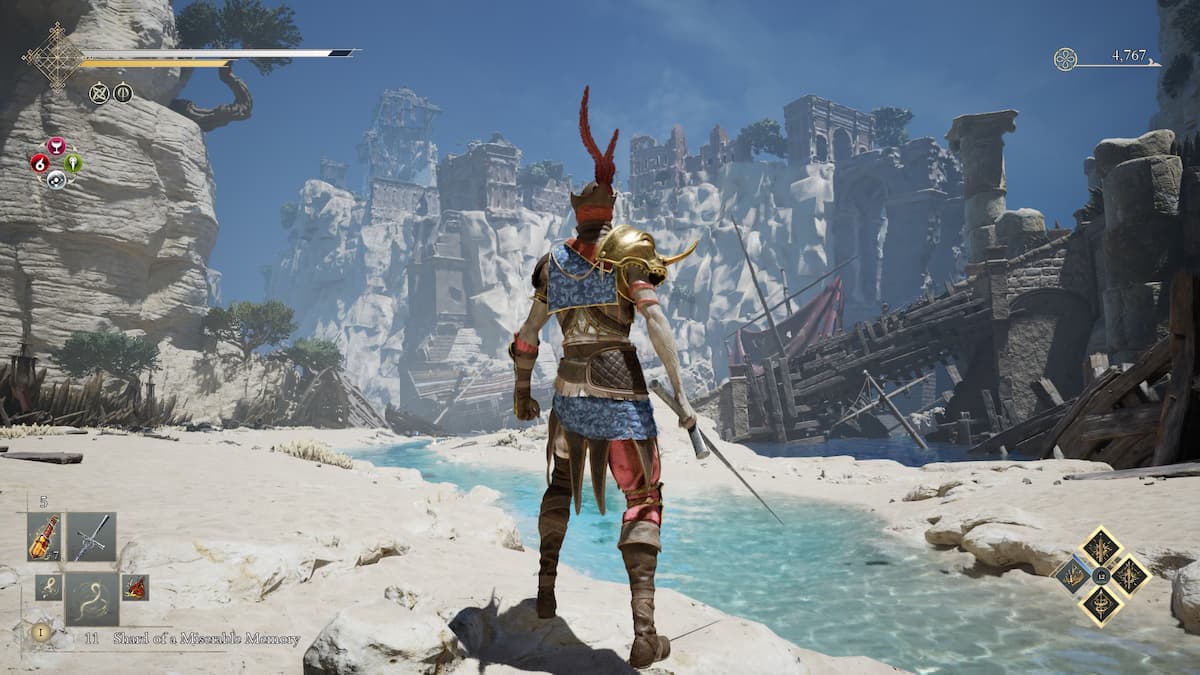
Enotria: The Last Song — Bottom Line
Pros:
- Amazing soundtrack
- Interesting story and worldbuilding
- Hours of content
Cons:
- Bugs and glitches
- Random Memoria loss upon death
Enotria: The Last Song is a solid entry to the growing souls-like genre and one newcomers to souls-likes could dive into. Between the various fighting styles, multiple possible endings, and Italian-inspired environment, it’s definitely worth a try.
- Amazing soundtrack
- Interesting story and worldbuilding
- Hours of content
- Bugs and glitches
- Random Memoria loss upon death

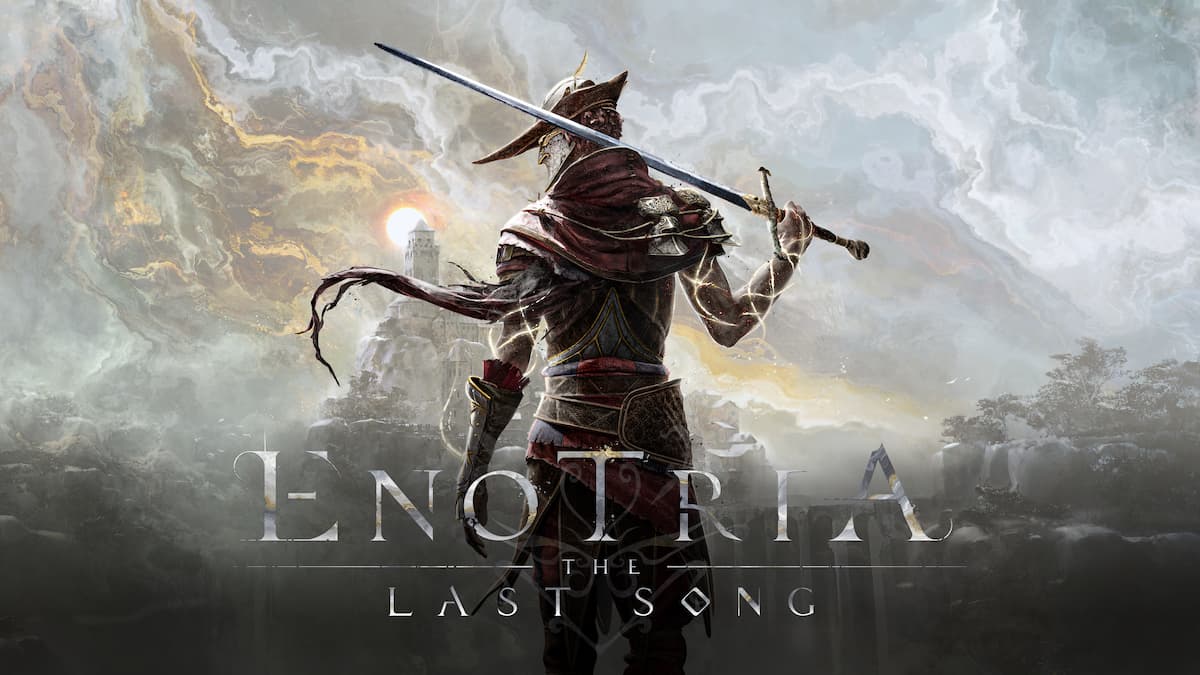







Published: Sep 16, 2024 11:39 am